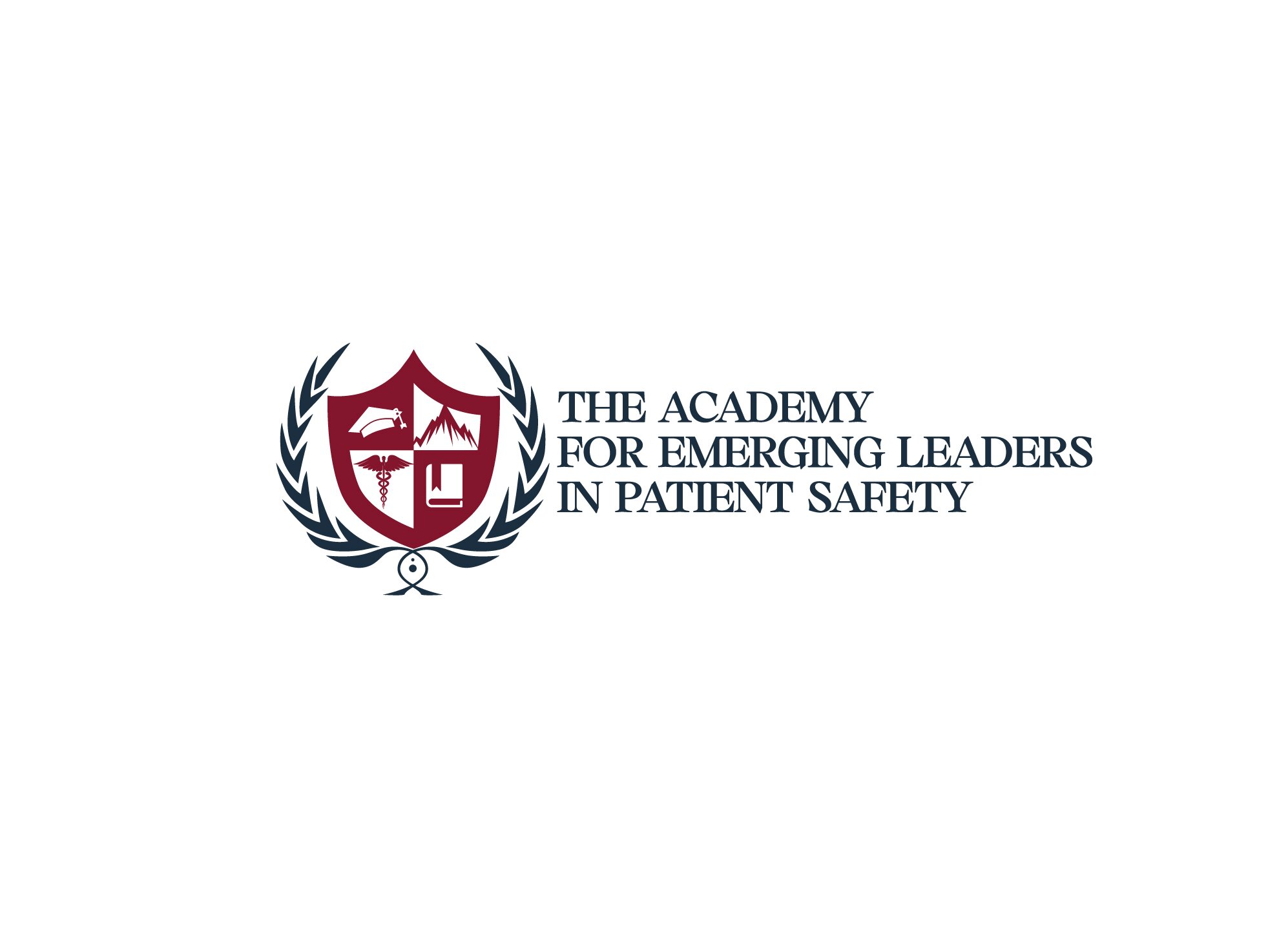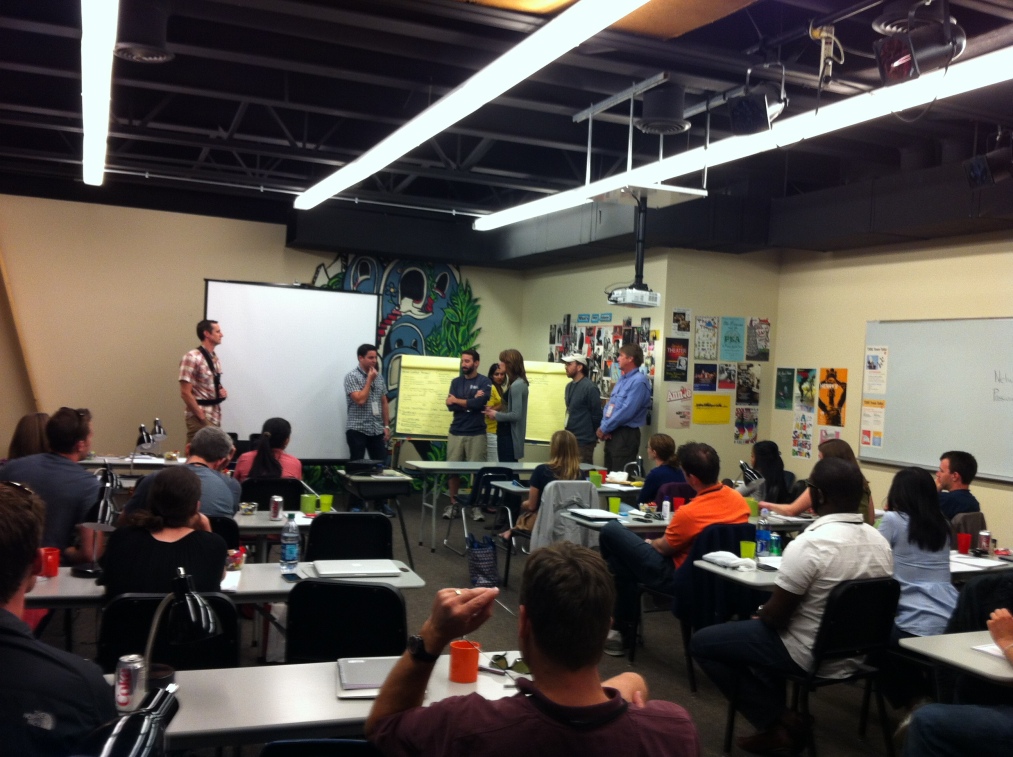
Thinking about the Medical Language
It has been just about a week since I returned from Marseille to Boston. Although the altitude change is welcome, the excitement of the conference is still keeping me awake at night. One such topic is the power and impact of our medical language. We heard a powerful story about the impact of a casual word thrown into a patient’s chart and how that created an anchoring bias that ultimately cost a child’s life — unnecessarily. That story was profound, but I’ll focus on this one aspect of it now. What struck me is my own transformation over the past year. As I’ve really become immersed in the world of medicine — because intern year is nothing if not an “immersion” experience– the language I think in has fundamentally changed. Most of my day is spent either talking about patients to other providers in Medicalese or documenting in the same… Continue reading
To be obnoxious.
“I’m a little obnoxious sometimes,” claimed Dan Ford this afternoon discussing his fervent advocacy of root cause analyses in response to sentinel events. Earlier that morning, Mandy too had confessed to being “that annoying nurse” who unabashedly telephones on-call residents when a concern arises. These champions of patient safety proudly own these deprecatory adjectives like “obnoxious” and “annoying” because they know that their actions are challenging the status quo for the betterment of patient care.
It is my hope that all of us, students and professionals alike, emerge from this week in Marseille a bit more enthusiastic about being obnoxious. To be “obnoxious” in this context is to put our patients’ needs first in spite of a bruised ego. We “annoy” despite the fear of openly defying the medical culture’s norms, and we “irritate” others because we have the courage to understand that it will take assertive individuals to lead… Continue reading
Gondolas, S’mores, and Overwhelming Beauty
I made the mistake of thinking that as a well-seasoned runner, the altitude wouldn’t dare touch me. I was wrong. It wasn’t a mile in that I started gasping for air and didn’t seem to be catching any. Apparently one is expected to ‘acclimate’ before these runs become enjoyable. This information was provided post-run, of course!
I knew Colorado was beautiful. I’ve been here before. But I have never been to Marseille. And let me just say- it brings a whole new meaning to the word Beauty with a capital B. Mountains stretch on for miles and miles and the view from just about any point is spectacular. I keep finding myself fiddling with my camera and my smartphone camera trying to capture just a glimpse of how incredible it is here, only to be disappointed. The lighting is off, the flash doesn’t capture it correctly, a gondola passes by… Continue reading
Why is Pushing the Wrong Button So Easy?
By Sarveshwari Singh
On the first day of the Marseille East Summer Camp, Kathy Pischke-Winn and Dr. Joe Halbach organized a game using dominoes. It really showed how miscommunication in health care can happen so easily and how simple steps can prevent it.
We assembled in groups of three — one person role-played a doctor, another a nurse, and the other an administrator. The physician sat with his/her back to the nurse and instructed the nurse how to arrange the dominos according to a prescribed pattern. The nurse couldn’t ask any questions. Not surprisingly, the nurse didn’t arrange them correctly.
This scenario brought home how communication disconnects among clinicians happens so often in health care, and it underscores why a leading cause of errors is failure in communication. Also, informal rules can deter students and residents from asking questions, which can lead to a… Continue reading
John Wooden’s Spirit Alive and Well in Marseille–#TPSER8

“If they haven’t learned it, you haven’t taught it.” This was a Woodenism oft quoted at the Resident Summer Camp in Marseille by special guest faculty, Paul Levy. Wooden and Levy are both coaches and teachers in their respective fields–one hospital administration and the other NCAA Men’s Basketball. With that statement, they both take responsibility to the fullest extent for successfully transferring knowledge to those they themselves are charged with educating. As I reflect on that week, this message rang especially true during the group’s conversation on informed consent and shared decision-making.
One of the residents had mentioned how surprised he was at an intelligent patient’s off-the-mark retelling of the information he had just conveyed. “It was like apples and orange,” he said, as John Wooden’s words rang loud and clear in my head. It was also becoming clear that as care providers, the role also encompasses educator… Continue reading
Conflict Resolution at #TPSER8

Shelly Dierking is leading a workshop in conflict resolution today at the Marseille Patient Safety Educational Roundtable and Summer Camp. Residents are using role play of cases to highlight where conflict management breaks down and how best to build it back up.
What is coming to light is that there is variance that needs to be managed on a daily basis, and without teamwork and systems in place to manage and support those at the front lines, it’s only a matter of time before a tipping point is reached and the patient suffers. Not to mention the care providers who have the best of intentions, are human and who suffer along with their patients when an error occurs.